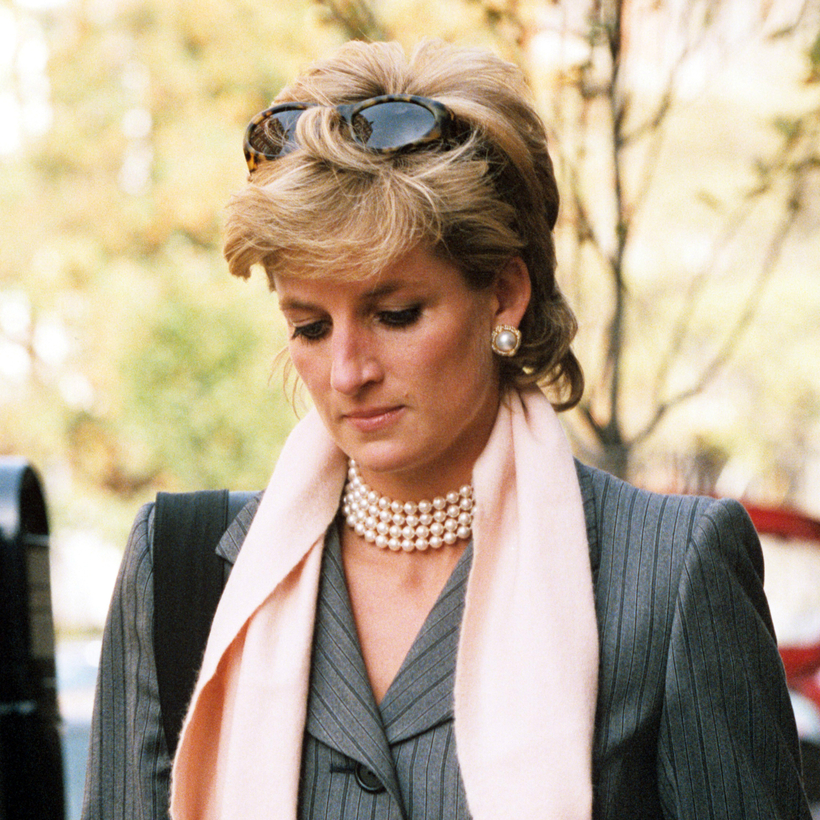The separation of Prince Charles and Princess Diana in the 1990s would forever change the public view of the royal family. As details of their infidelities bled out over a number of years, in the form of interviews and books and transcripts in which the heir to the British throne told his married lover that he wanted to be her tampon, this once world-straddling institution transformed into a kind of permanent high-end soap opera, packed with characters who were flawed and loaded and completely ill-equipped to operate in normal society.
The marriage’s knockout punch finally came in November 1995, when Martin Bashir interviewed Diana for the BBC’s current-affairs series Panorama. Over the course of their blockbuster encounter—dubbed “the programme of the decade” by the BBC itself—Diana described everything from the couple’s affairs to her battles with depression, self-harm, and bulimia, while also making dark noises about phone-tapping and her husband’s suitability as king.


